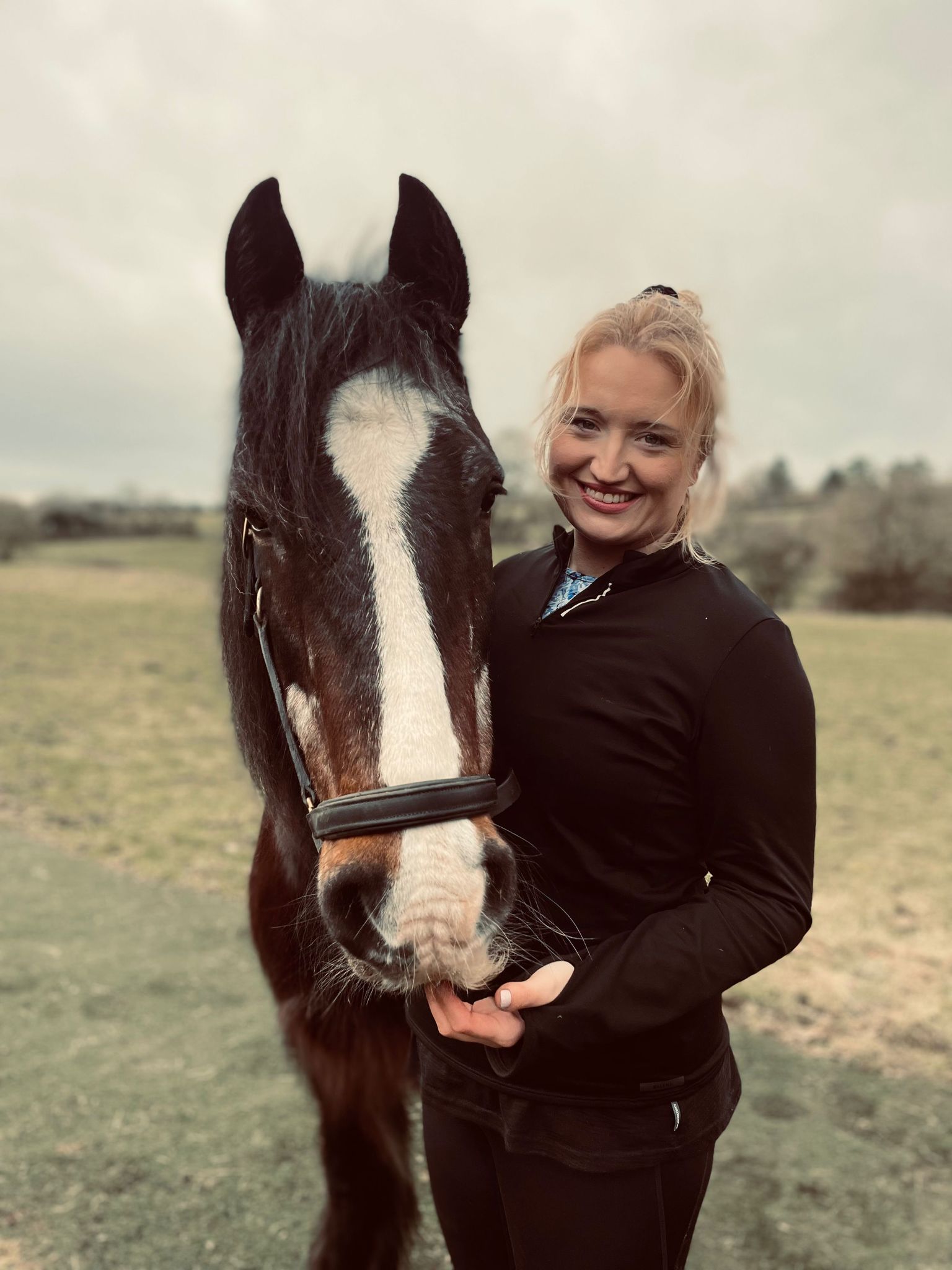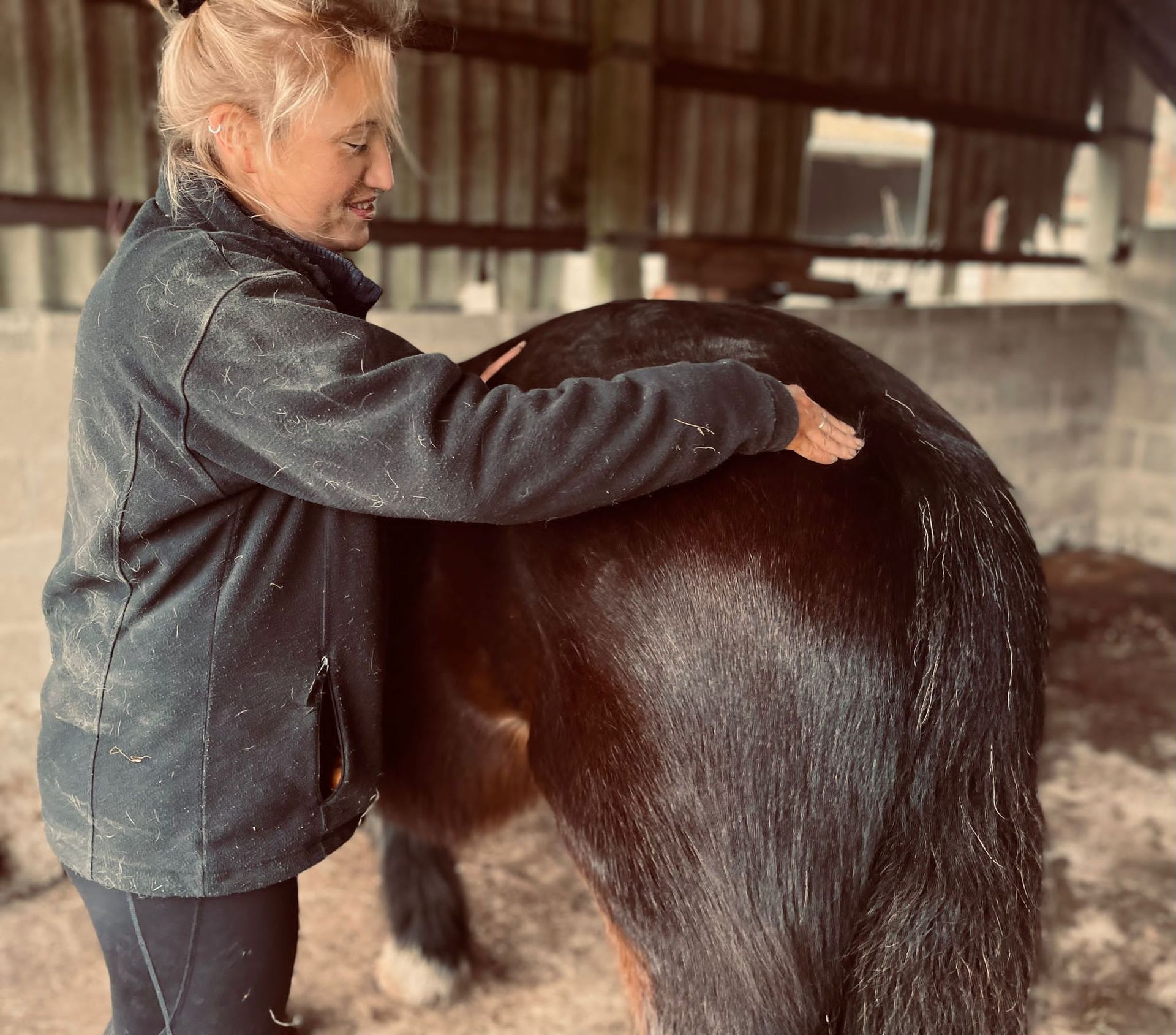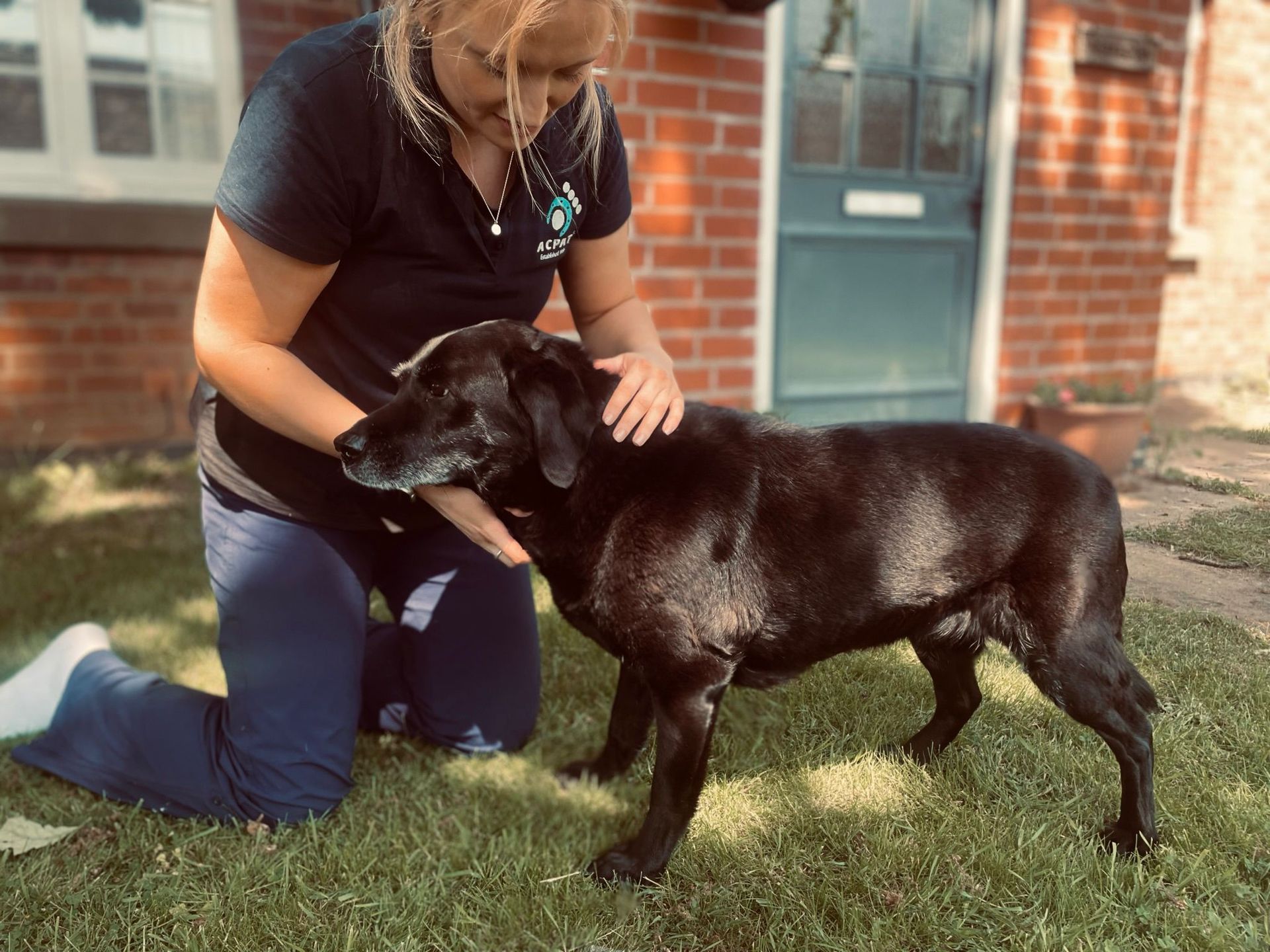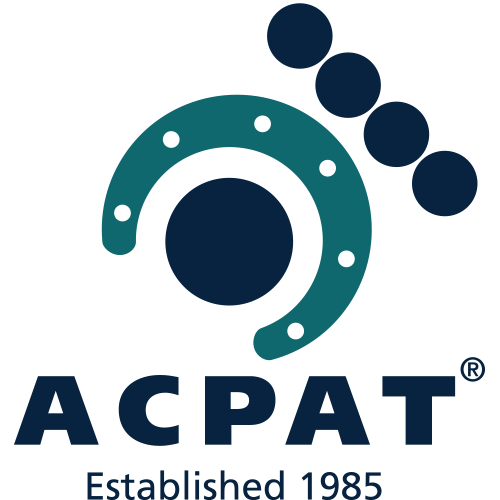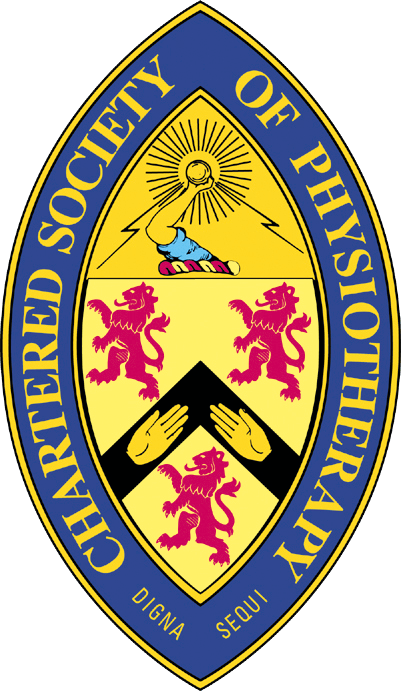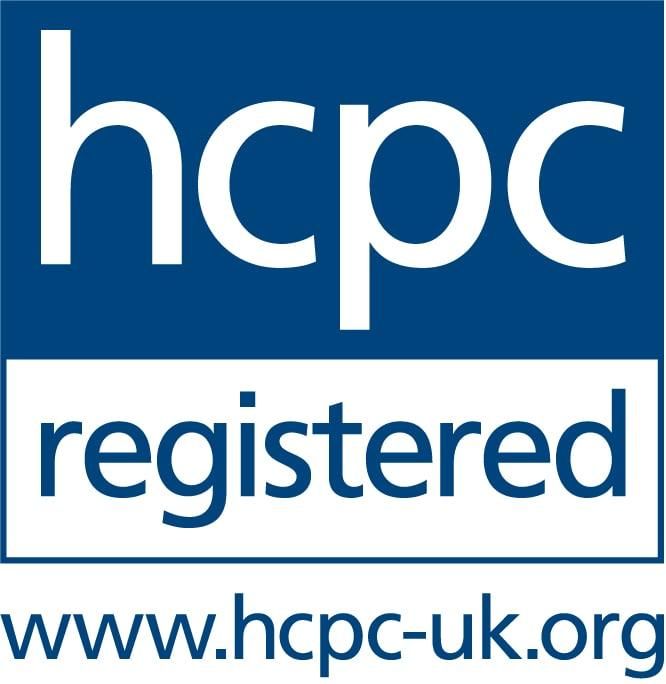What is Veterinary Physiotherapy?
Veterinary Physiotherapy is a growing field that can offer animals the same high level of care and follow-up treatment as human patients, regardless of age or breed.
Performance
Schooling issues:
- Wrong canter lead
- Bucking
- Stiffness through one rein
- Poor transitions up and down
Joint Conditions
Management of:
- Osteoarthritis
- Osteochondrosis dissecans
- Navicular syndrome etc.
Soft Tissue Injury
- Muscle strains
- Muscular imbalances
- Tendon injuries
Maintenance
- Restoring and maintaining function and performance
- Regular assessments to help identify and prevent injury
Post-surgery
- Support with rehabilitation following surgery of kissing spine
- Arthroscopy
- Fracture repair
Wound Healing
- Post surgery wound sites
- Abscesses
- Field injuries
Neurological
- Peripheral nerve injuries
- The management of upper motor neurone & lower motor neurone conditions
Neck/Back/Pelvic Pain
- Pain relief from chronic conditions
- Muscle atrophy
Behaviour Change
- Head shaking
- Saddle fitting issues (i.e slipping)
- Reluctance to tacking up/rugging up
Functional Issues
- Reduced mobility
- Struggling with activities of daily living
Soft Tissue Injury
- Muscle strains
- Muscular imbalances
- Tendon injuries
Neurological conditions
- Intervertebral disc disease
- Myelopathy
- Poly radicular neuropathies
Joint conditions
- Congenital hip and elbow dysplasia
- Osteoarthritis
- Other orthopaedic conditions
Wound Management
- Post surgery
- Abscesses and bites
Job Specific
- Regular assessments and treatments for working dogs or sporting animals
Obesity
- Weight management
- Strategies around feeding
Chronic Conditions
- Older animal holistic management
Post Surgery
- Pre & postoperative orthopaedic and neurological rehabilitation


